1. Nature’s Clean-Up Crew
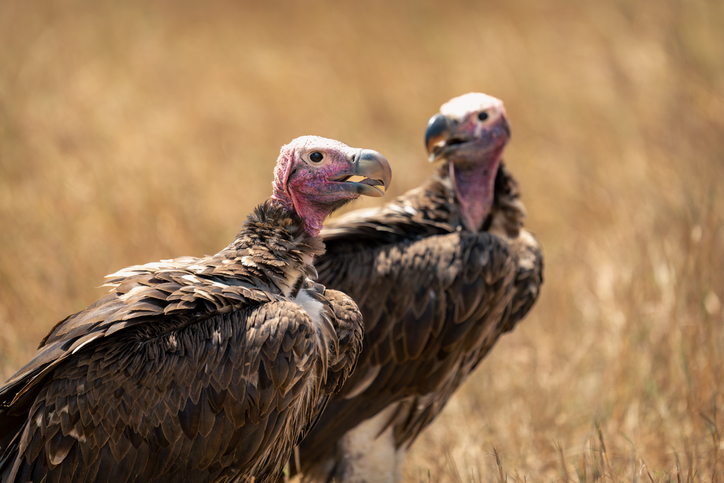
Vultures may not be glamorous, but they play an extraordinary role in keeping our world clean. They are the ultimate scavengers, feeding almost exclusively on carrion that others avoid. By quickly consuming carcasses, they prevent rotting remains from spreading harmful bacteria into the environment. In just minutes, they can strip an animal down to bone, leaving little chance for pathogens to thrive. This process keeps ecosystems balanced and healthy while protecting both people and wildlife. It is nature’s most efficient cleaning service, quietly working every day to ensure the natural world does not collapse under decay.
2. Disease Prevention Experts
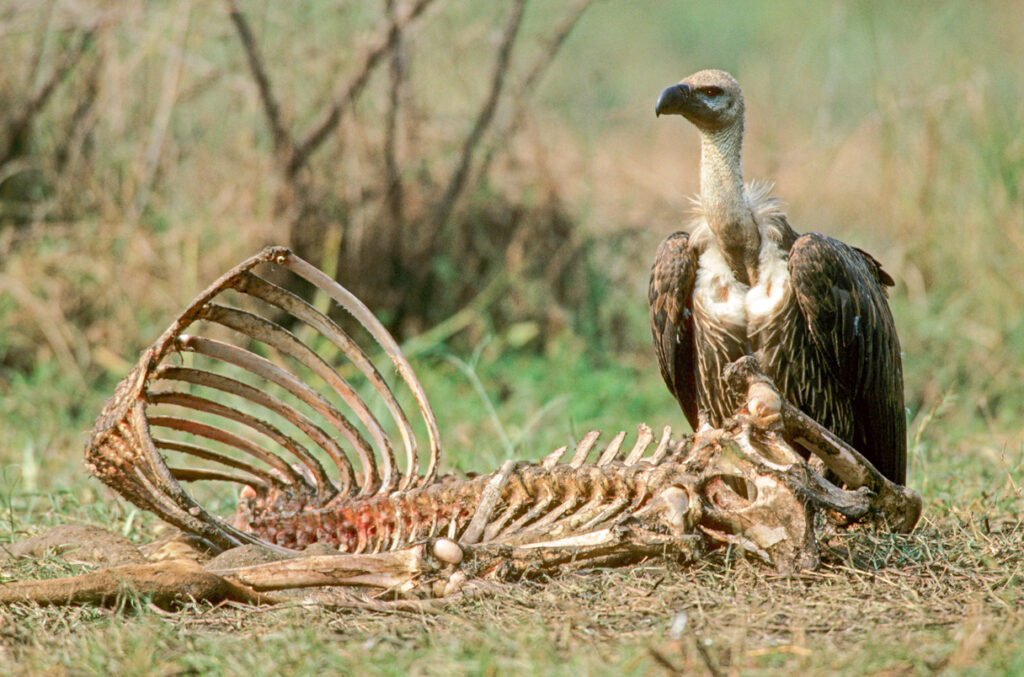
Without vultures, the aftermath of death would look very different. Carcasses left to rot become dangerous breeding grounds for deadly diseases like anthrax, rabies, and botulism. Vultures act as a natural barrier, consuming the remains before these pathogens spread into the environment. Their feeding habits break the cycle of disease that can otherwise threaten livestock, wildlife, and even humans. In places where vulture numbers have dropped drastically, health crises have increased, reminding us of the silent work they do. Every carcass they consume is one less opportunity for disease to flourish and take hold in surrounding communities.
3. Their Stomachs Destroy Deadly Bacteria
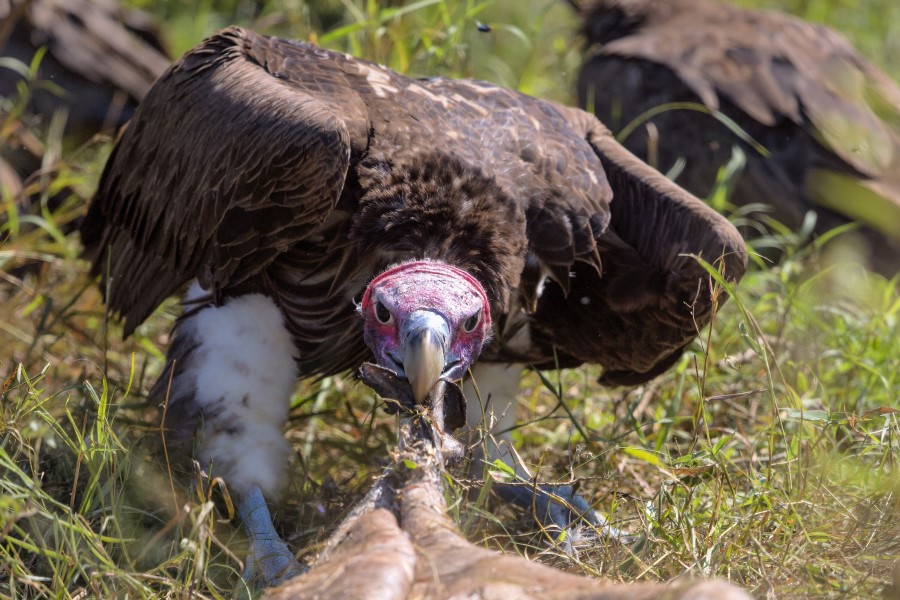
What truly sets vultures apart is their remarkable biology. Their stomach acids are among the strongest in the animal kingdom, capable of destroying bacteria and viruses that would kill most creatures. When they consume carcasses, they neutralize pathogens like anthrax spores, cholera, and botulism toxins with ease. This ability means they do more than remove visible waste; they actually eliminate microscopic dangers before they can spread. By digesting harmful microbes completely, vultures serve as one of nature’s most reliable safeguards against infection, ensuring ecosystems are not only clean but also safe from unseen and deadly threats.
4. Helping Farmers and Livestock
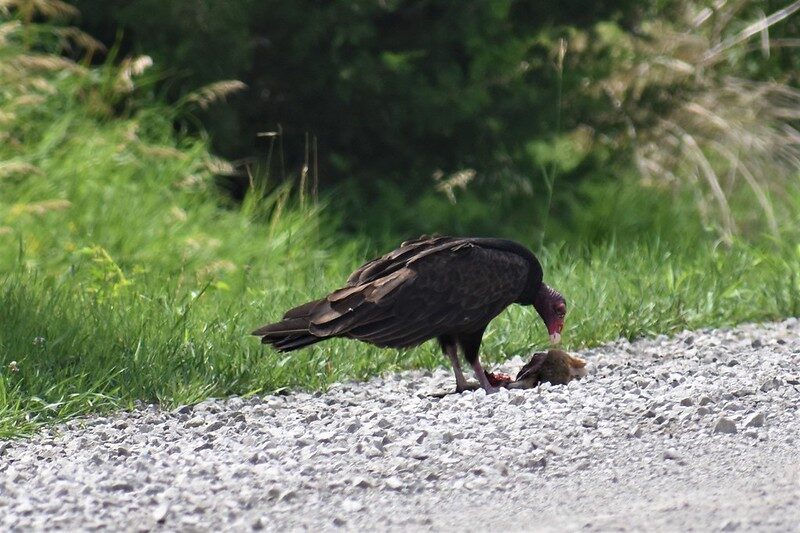
Farmers know the problem of disposing of animal carcasses is costly and often risky. Vultures provide a natural and efficient solution to this challenge by consuming remains quickly, sparing farmers the expense and effort of disposal. With carcasses gone, fewer predators and disease carriers are drawn to farming areas, meaning livestock are safer and healthier. Their presence is like a sanitation team working without rest, offering services that help rural communities thrive. Beyond saving money, vultures ease the workload of agricultural life, turning what could be a serious burden into a natural process managed by nature itself.
5. Cutting Greenhouse Gas Emissions
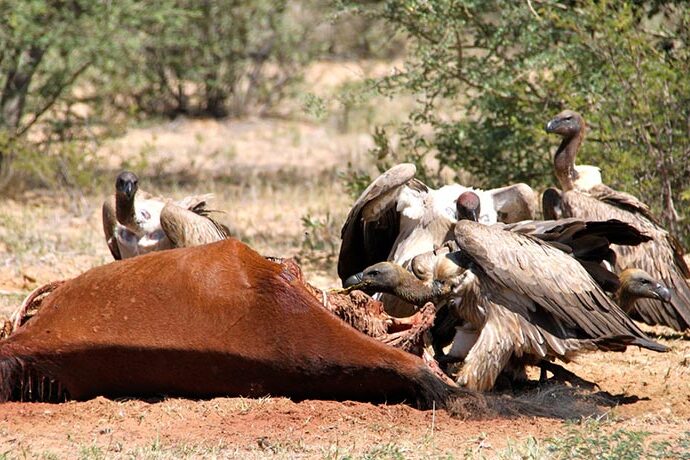
There is another surprising way vultures help the planet, and it connects directly to climate change. When carcasses are left to rot naturally, they emit methane, a greenhouse gas more potent than carbon dioxide. By consuming the remains quickly, vultures stop this slow release of emissions before it can accumulate in the atmosphere. Their scavenging helps ecosystems recycle matter without creating harmful gases, making them unlikely allies in the fight against climate change. These birds prove that solutions to environmental challenges are not always complex. Sometimes they are simple and already soaring quietly above us.
6. Supporting Other Wildlife
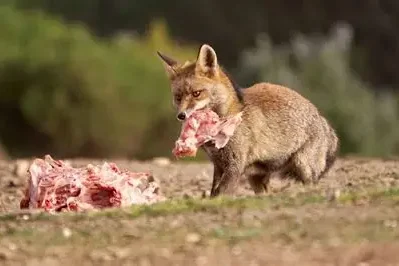
Vultures may dominate the initial cleanup of a carcass, but their efficiency actually creates opportunities for others. By eating the dangerous tissues first, they leave behind safer scraps for smaller scavengers such as foxes, jackals, and beetles. This sharing supports biodiversity by feeding creatures further down the chain without exposing them to serious pathogens. The cycle continues as nutrients flow from one species to another, maintaining balance across the ecosystem. Vultures are not only protectors but also enablers, ensuring other wildlife can survive from what remains. Their contribution is subtle but deeply important to the web of life.
7. Culturally Revered Protectors
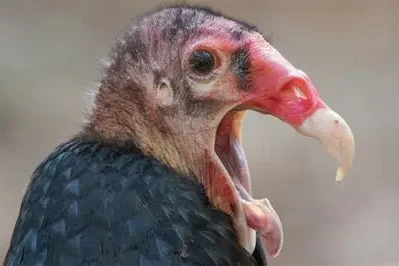
Vultures are more than ecological workers; in many cultures they hold symbolic meaning. In Tibet, they are central to sky burials, returning human remains to nature in a sacred ritual of renewal. In India, they were once vital in disposing of cattle carcasses considered holy, linking them to spiritual traditions. Their presence has always represented the connection between life, death, and rebirth. These cultural practices reveal a deeper respect for vultures than their grim image often suggests. They are seen not just as scavengers but as protectors, bridging the gap between human beliefs and the natural cycle.
8. Victims of Poison and Decline
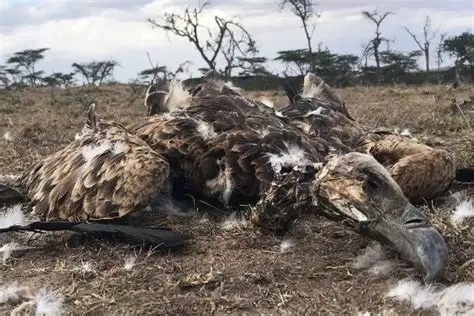
For all the good they do, vultures have faced devastating challenges in recent decades. In Asia and Africa, populations have plummeted due to poisoning, habitat loss, and exposure to toxic veterinary drugs such as diclofenac. Their disappearance has caused cascading consequences, including a rise in feral dogs and increased disease among humans. This decline shows just how critical they are to maintaining order in ecosystems. The loss of vultures is not simply the loss of birds, but the unraveling of natural systems they once held together. Their struggle highlights the urgent need for focused conservation efforts.
9. An Economic Asset We Overlook
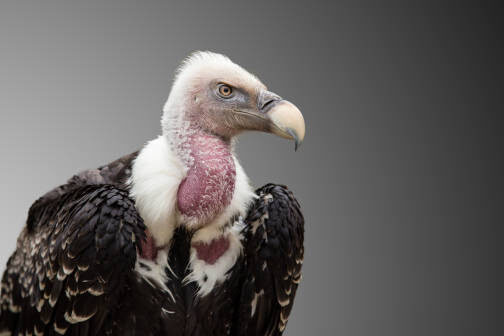
It may sound strange, but vultures also provide significant financial value. By consuming carcasses, they reduce costs related to disease control and waste disposal that would otherwise fall on communities. In regions where vulture numbers dropped, billions were spent managing health crises and carcass removal. When they thrive, those costs vanish, replaced by natural services performed freely and effectively. They are living assets, though rarely recognized as such. Their value is measured not in glamour but in the quiet prevention of problems that would otherwise drain resources. Protecting vultures is also protecting our economic well-being.
10. The Underdogs of Conservation
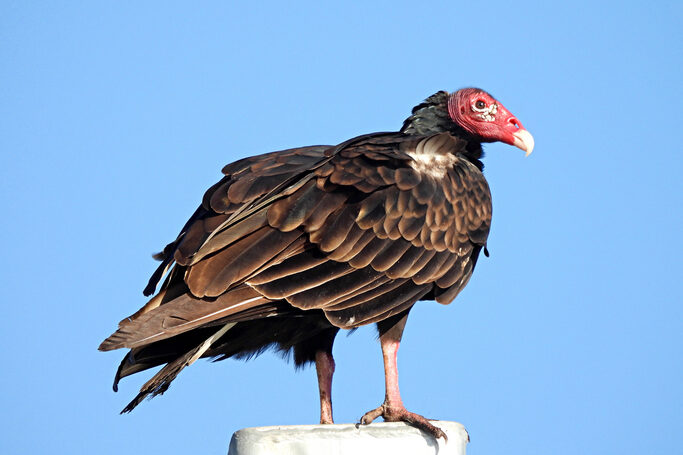
When it comes to conservation, vultures are often overlooked in favor of more glamorous animals. Yet their impact is undeniable, from reducing disease to supporting farmers and even aiding the climate. Conservation groups now campaign to raise awareness of their importance, emphasizing their unique role in ecological and human health. Protecting them means protecting the invisible threads that hold ecosystems together. While they may not capture attention like tigers or elephants, their contributions are every bit as vital. Supporting vultures is supporting ourselves, and their story reminds us that even the quietest workers matter most.
This story 10 Surprising Ways Vultures Save the Planet was first published on Daily FETCH


